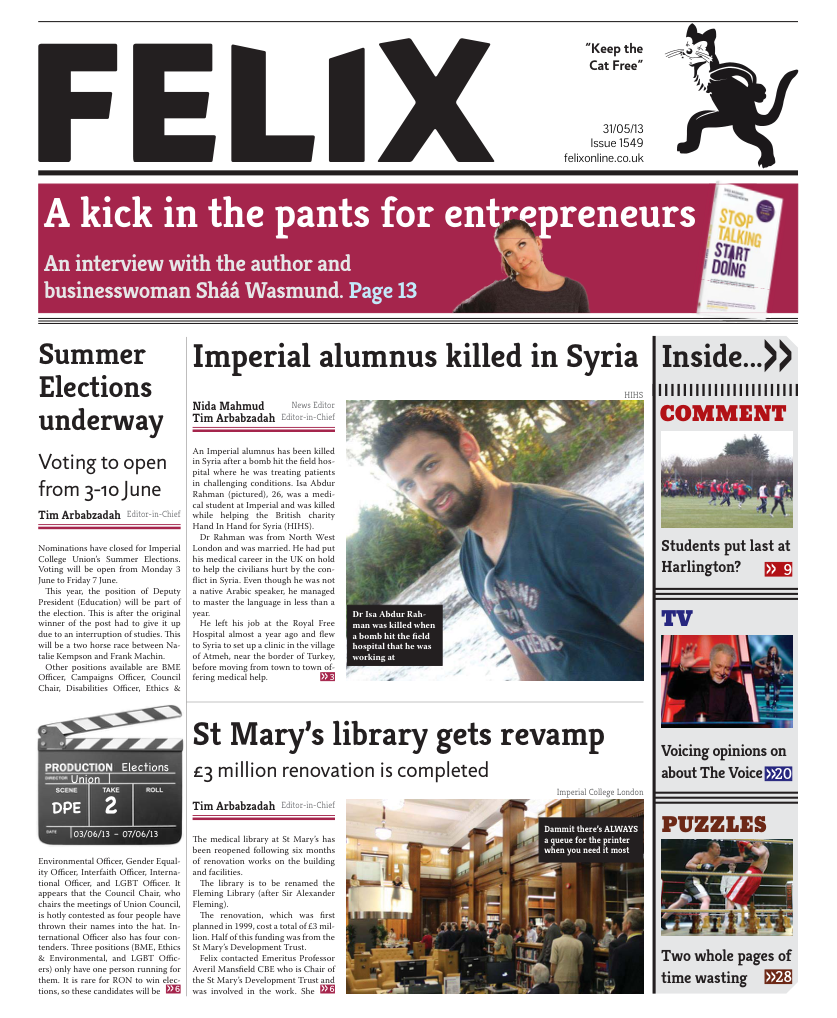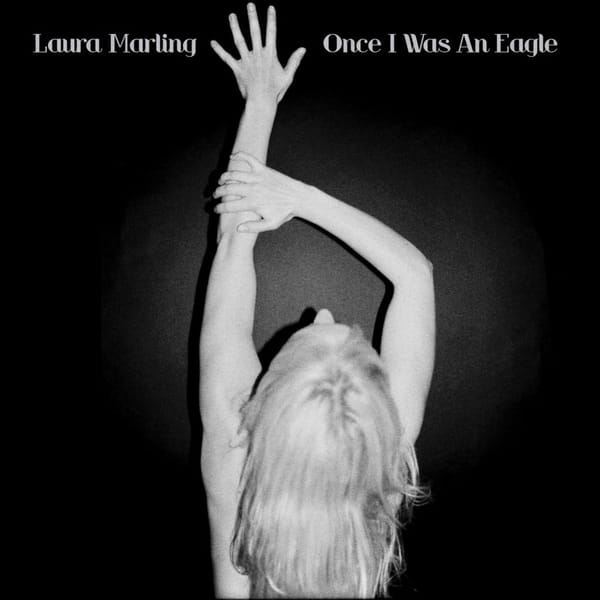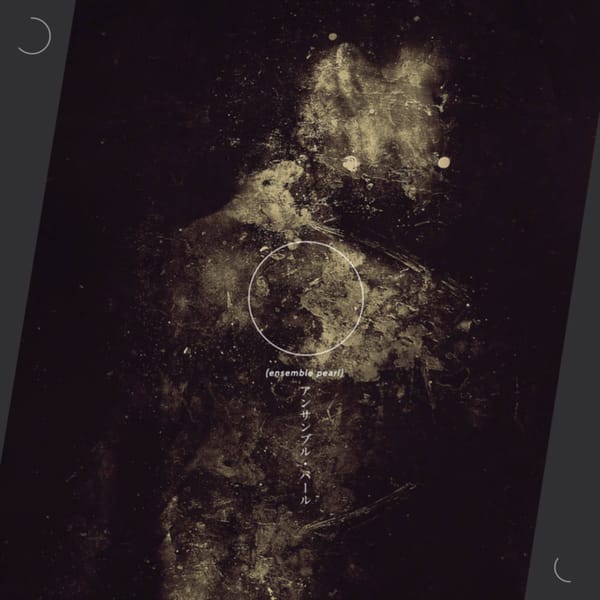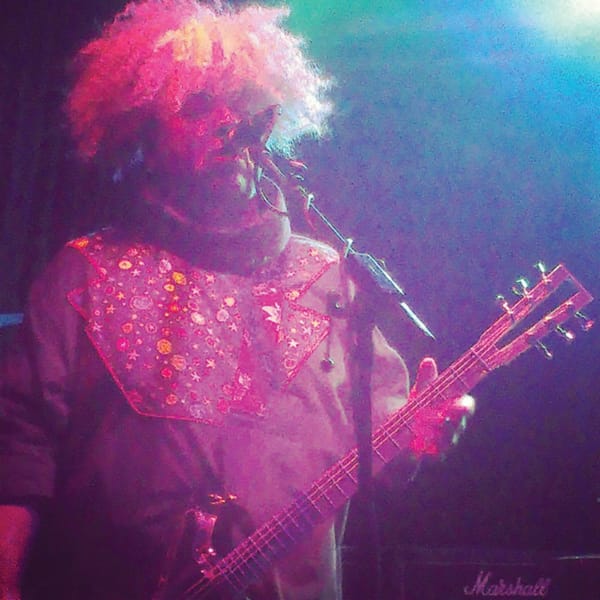Cassette Culture: RRR Records
Riaz Agahi talks to Ron Lessard, head of seminal noise label RRR

After hearing about RRR records through their Recycled series, I discovered a contribution to the development and proliferation of noise music that goes far beyond a series of tapes which brings together some of noise’s most important artists. Based in Lowell, Massachusetts, RRR has the distinction of being the first American label to release Merzow, effectively globalising noise. Despite that, the label’s profile is lower than Merzbow and the like, and this is because rather than sticking with the artists it helped establish, the label has relentlessly focused on new discoveries. This is RRR records’ truly underground ethos, which I felt worthy of further examination, so I got in touch with label founder and head Ron Lessard.
Riaz Agahi: What motivated you to start RRR?
Ron Lessard: I’ve been passionate about record albums since I was a teenager, it’s a passion that grew into an obsession – opening a record store was the natural direction for my life, it’s the one thing I always cared about – y’know that old saying about finding what you love in life and you’ll never have to work again? Well, it’s true – I followed my passion and that’s the best thing anyone could ever do.
RA: How did you get in touch with Japanese artists like Merzbow and Aube?
RL: I didn’t get in touch with them, they got in touch with me – back in the day when there was no “scene”, it was just a bunch of us guys who traded tapes with one another, there used to be a number of fanzines and publications that promoted tape trading and those guys read about me in a magazine somewhere. I was the American guy who understood what they were trying to do so they said hello.
RA: What is it about the cassette that’s made it so heavily a part of the noise scene?
RL: At the time, internet didn’t exist and making records for that weird recording you made last night was totally out of the question. Cassettes were cheap, you could buy them anywhere and most importantly, you could make them yourself at home – and because of that, cassettes was the medium of choice.
Digital technology has changed the way noise gets disseminated but that original cassette camaraderie still exists and it seems to be getting stronger – cassette labels are popping up left and right – I totally understand the love for cassettes, it’s the need for human connection – clicking a button to hear something on your computer is swell but it could never match the appeal of getting something in the mail that someone made just for you.
RA: How did the recycled series come about and do you have any personal highlights?
RL: Most labels put out cassette after cassette of the same people – I wanted to do just 1 cassette by everyone – as a theme/direction for this concept, I decided instead of original works by these artists, I would ask them to recycle their own or someone else’s recordings (recycling is remixing, tearing it down and rebuilding it) – I would then take those recycled recordings and record them over pre-existing cassettes– that Twisted Sister tape got taped over by Merzbow, the Billy Joel tape is now an Aube tape.
I no longer ask the artist to make their master based on recycling/remixing – I’m happy to accept new original material – I no longer ask well known and successful artists to participate in the series, I try to only release the unknown, unloved, unaccomplished – the new recruits, those who are just beginning their noise journey – I see no reason to support those who are already successful, they already have their support mechanism in place – the unknown, unloved have no one who cares and that’s why I want to use this series as a support mechanism for the new recruits
There was a time when the noise scene didn’t exist, everyone was unloved and unaccomplished – but when we found each other, we knew we had to support each other – now the noise scene exists but it sill has the unloved and unaccomplished – they get my full support, I remember what it was like when no one cared.
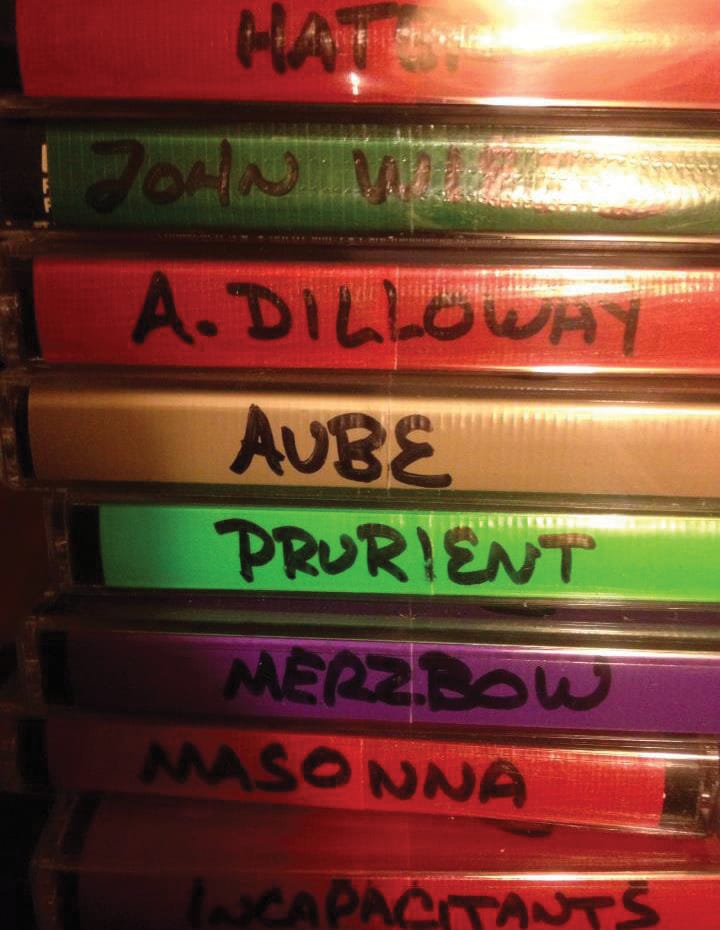
RA: How do you feel the noise scene has evolved since the beginning and is it for better or for worse?
RL: Well, the big difference is the noise scene actually exists now – there was a time when only the artists knew each other and the information was hard to get out, now the information is easy to get out, it happens every second of every day – and now there are so many people who listen to noise for their own personal pleasure, it no longer revolves around those with the NEED to make noise – it has become an acceptable form of expression and because of that, you have to take the good and the bad.
RA: Kind of a more general question is about the origins of noise as a genre. There were academics like Luigi Russolo at the start of the 20th century who promoted it as an idea, as kind of the next step in the evolution of music because the human ear had become adjusted to the noise of the urban industrial environment. But then on the other hand, there’s more anarchic genres like punk and grind, which seem more organic in their approach. Do you feel it’s a combination of both, or one in particular or something else entirely?
RL: I was listening to the academics before punk and grind were even genres – and many of the original noise guys did also – me personally, I never read that Russolo manifesto, I don’t care about the theory, I only really care about the results – does it speak to me, does it covey a mood or expression thatI can identify with – all the theory in the word ain’t gonna make me like it, that’s just some guy trying to explain himself.
I can certainly appreciate the organic approach, those guys make noise because their passion compels them – I love those guys, its all about bareing your soul.
RA: As kind of an extension of the last question, how important is industrial?
I’m not a fan of industrial, it sounds too much like people singing songs
GX Jupitter-Larson (of The Haters) said it best... “Industrial is singing about fire, Power Electronics is screaming about fire, Noise is starting your own fire.”
RA: Merzbow once said that Western noise was too academic, do you feel that there’s major differences in noise from each country?
RL: Everyone has their own ideas and perceptions – some countries do have their own identity of sorts, no doubt due to their cultural environment:
England – big on power electronics
Germany – big on power electronics
Japan – big on noise
USA – big on noise
Make of that as you will, I won’t make any judgements.
RA: This doesn’t really have anything to do with the interview, but I got this cassette single with my recycled tapes that said Autraumatic on the side, wasn’t sure what this was but it was a pretty great tape.
RL: Actually this has everything to do with the interview because it goes back to my wanting to support the new recruits – I don’t remember that cassette but I’m in the habit of giving away cassettes by unknown artists whenever I get an order – it’s another way I support the unloved and un-cared….
RA: Are there any new artists on your label you’d especially recommend?
RL: Ha! - all of them.
Buy RRR music from http://www.rrrecords.com/
To hear John Wiese’s entire recycled tape, visit http://www.icradio.com/schedule/228491

